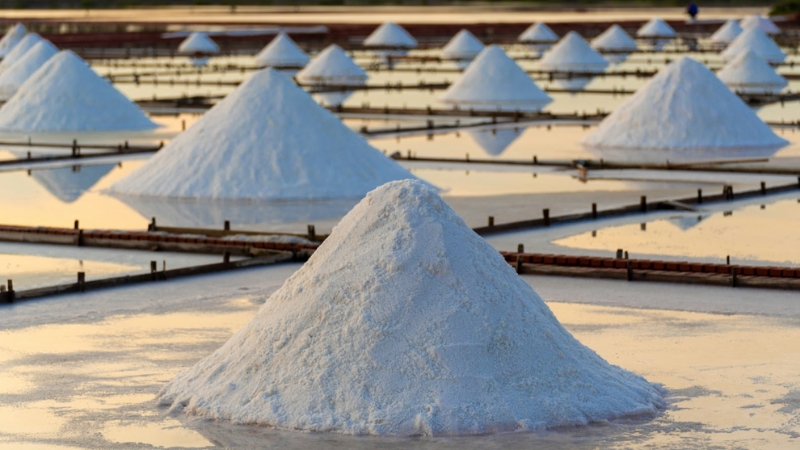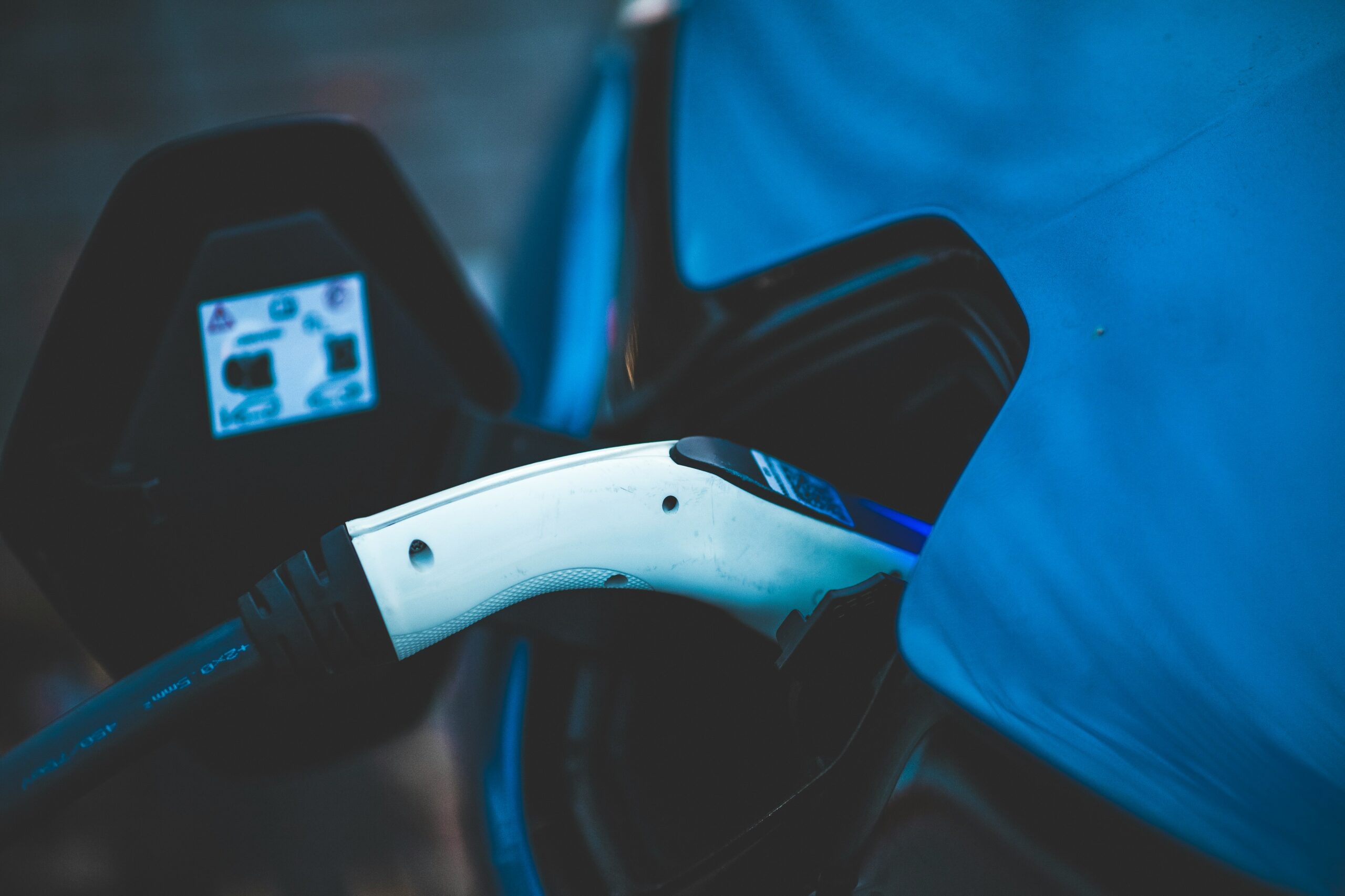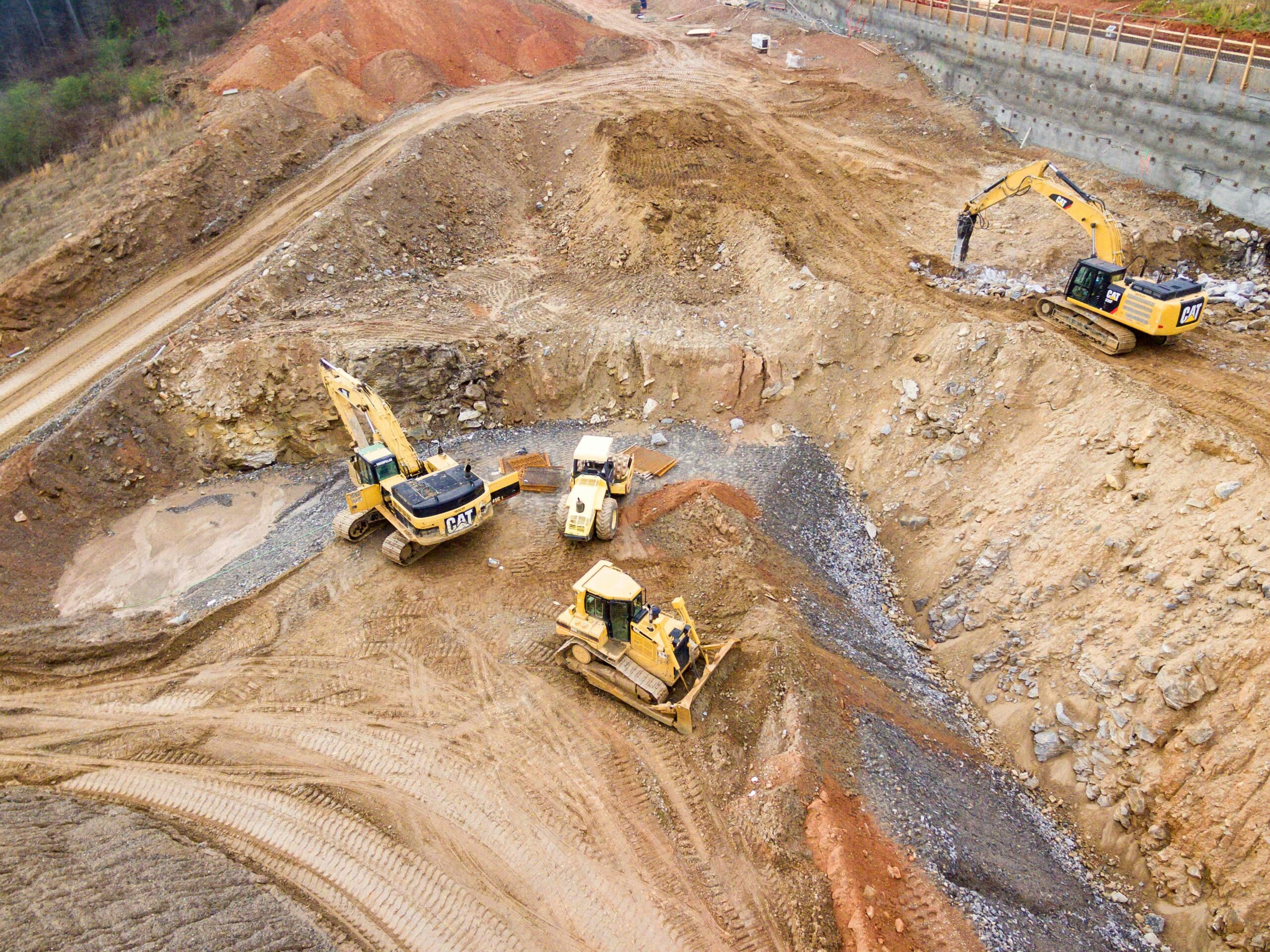Lithium is a soft, silvery-white metal that holds a unique position in the periodic table as the lightest metal and the least dense solid element. Discovered in 1817 by Johan August Arfvedson, lithium derives its name from the Greek word “lithos,” meaning stone, as it was initially found in mineral form.
Properties and Characteristics
- Lightweight: Lithium has a density of about half that of water, making it exceptionally light.
- Reactive: It is highly reactive, especially with water, and must be stored in a non-reactive substance like mineral oil.
- High Energy Density: This makes lithium an ideal material for batteries, as it can store a significant amount of energy relative to its size and weight.
Uses and Applications
Lithium’s properties make it valuable in various applications:
- Batteries: The most well-known use of lithium today is in rechargeable lithium-ion batteries, which power everything from smartphones and laptops to electric vehicles (EVs) and grid storage systems. These batteries are favored for their high energy density, long lifespan, and lightweight nature.
- Glass and Ceramics: Lithium compounds, like lithium carbonate and lithium oxide, are used to produce glass and ceramics, where they enhance strength, durability, and heat resistance.
- Medicine: Lithium salts, such as lithium carbonate, are used as mood stabilizers in the treatment of bipolar disorder and other mental health conditions.
- Aerospace: Due to its lightweight and high-energy properties, lithium is used in aerospace applications, including aircraft and spacecraft.
Lithium in the Future
As the world increasingly shifts towards renewable energy and electric mobility, lithium’s demand is set to grow exponentially. Innovations in battery technology, such as solid-state batteries and lithium-sulfur batteries, aim to improve energy storage capabilities, efficiency, and safety.
Environmental and Ethical Considerations
While lithium’s role in modern technology is critical, its extraction and processing raise environmental and ethical concerns. Mining lithium can lead to water depletion, soil degradation, and pollution. Efforts are being made to develop more sustainable mining practices and improve recycling processes for lithium-ion batteries to mitigate these impacts.
In summary, lithium is a vital element powering our modern world, from our gadgets to our vehicles. As technology continues to advance, the importance of lithium in enabling a sustainable and energy-efficient future cannot be overstated.





